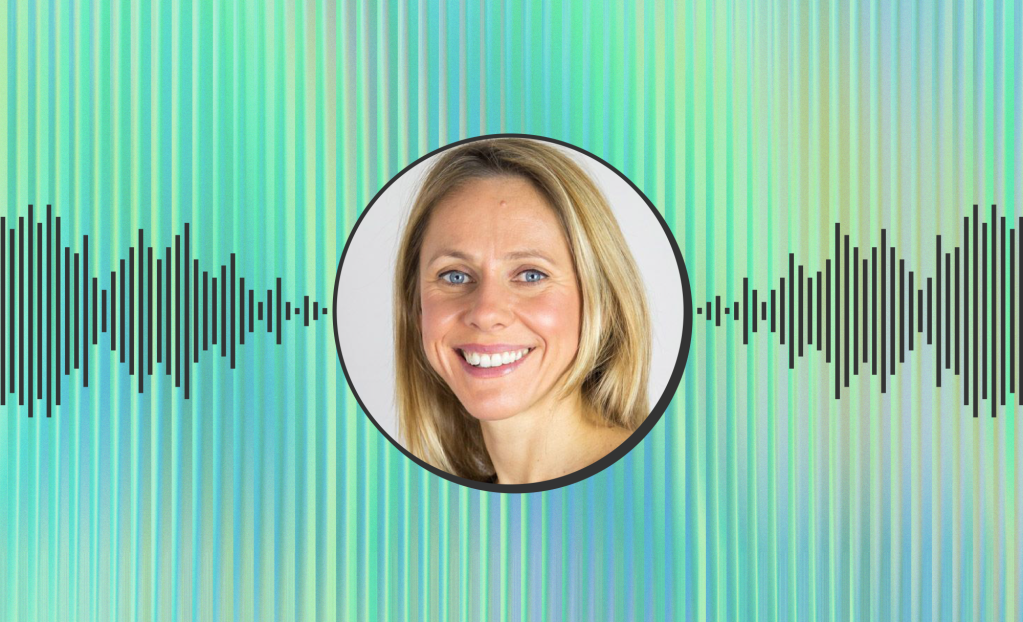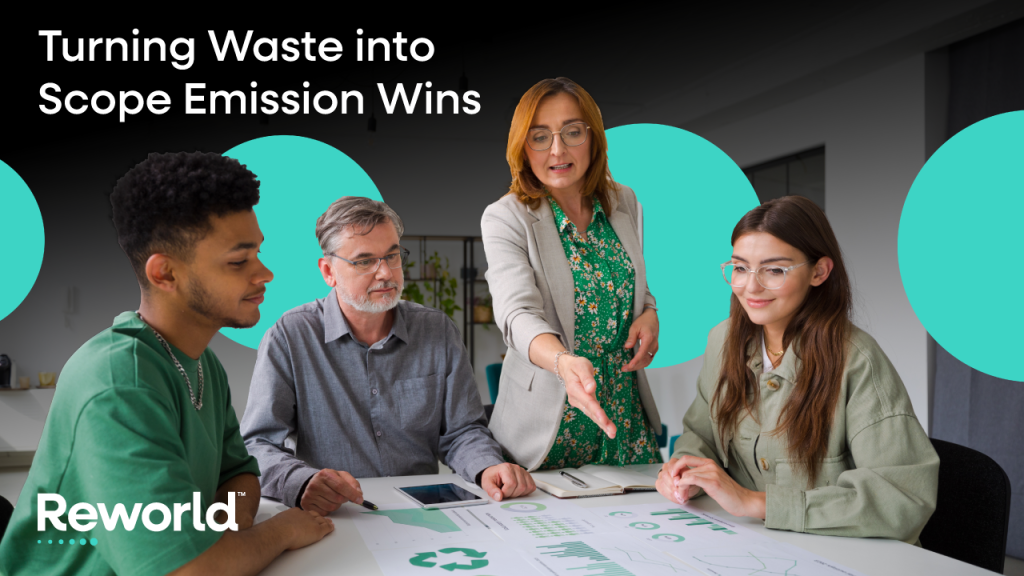Live from London: Unilever’s CSO on moving from vision to execution
In this podcast episode, Rebecca Marmot explains why today’s sustainability professional must align long-term strategy with short-term operations — and EQ. Read More

- The field of sustainability has undergone significant transformation, moving from broad visionary goals to more pragmatic, short-term actions.
- Immediate practical steps include focusing on areas of material importance to the business, such as climate, nature, plastics and livelihoods.
- Today’s sustainability leaders must develop a broad set of business skills, including financial literacy, supply chain management and policy advocacy.
The Two Steps Forward podcast is available on Spotify, Apple Podcasts, Amazon Music and other platforms — and, of course, via Trellis. Episodes publish every other Tuesday.
How does a corporate sustainability professional meet the moment? That’s one of the questions we posed to Unilever’s chief sustainability and corporate affairs officer, Rebecca Marmot, in a live-on-stage podcast session during last month’s London Climate Action Week.
Marmot, who joined Unilever 18 years ago after stints at L’Oreal and in the U.K. government, talked about the keys to success for today’s CSOs with my co-host, Futerra “Chief Solutionist” Solitaire Townsend, and I for our Two Steps Forward podcast.
Also in this episode: Soli and I discuss artificial intelligence through the lens of sustainability.
From vision to execution
Marmot explained how sustainability has matured from a loosely defined ideal into a core component of how business is done — an evolving field that now requires strategic depth and operational focus.
“I think those grand goal-setting days were brilliant at the time, having vision and being able to galvanize and bring enthusiasm and drive people behind an agenda. But now I think business skills and acumen are absolutely critical. If I don’t understand, and my counterparts don’t understand, what we need to do as a business, we won’t be able to truly embed sustainability.”
One key part of the role, Marmot said, is shifting from vision to execution. That requires gaining a holistic understanding of the company and its value chain.
Marmot reeled off some requirements for today’s sustainability professional.
“You need to understand the financial planning process. You need to understand how R&D and innovation work. You need to really understand and work super closely with procurement and supply chain, because if you think about consumer goods companies, so much of our Scope 3 — the vast majority — is outside of our direct control. You need to think of the other end of the value chain, working with what we call our customer development teams — our retailers. That’s often the front interface for consumers, when you’re talking about messaging and encouraging people on that sustainability journey. Finance, in terms of reporting and the move to nonfinancial reporting. So many different aspects of the business and the business world are now part of sustainability.”
Strategic alignment and emotional intelligence
Understanding is one thing. Collaborating with all the various components of a company’s value chain is another. And, Marmot emphasized, collaboration is messy, slow and deeply human, requiring both strategic alignment and emotional intelligence.
Success comes from being able to balance head and heart, she said. “Part of it is being very financially focused, commercially oriented, having the KPIs in place and making sure you have the same level of professionalism you would have in any other part [of the business]. And on the other side, bringing the friendship, the emotion, the personal understanding.
“When you start to really try and understand the other person’s perspective and you’re looking at how can you win together, you’re going to be much more successful.”
The Two Steps Forward podcast is available on Spotify, Apple Podcasts, Amazon Music and other platforms — and, of course, via Trellis. Episodes publish every other Tuesday.















